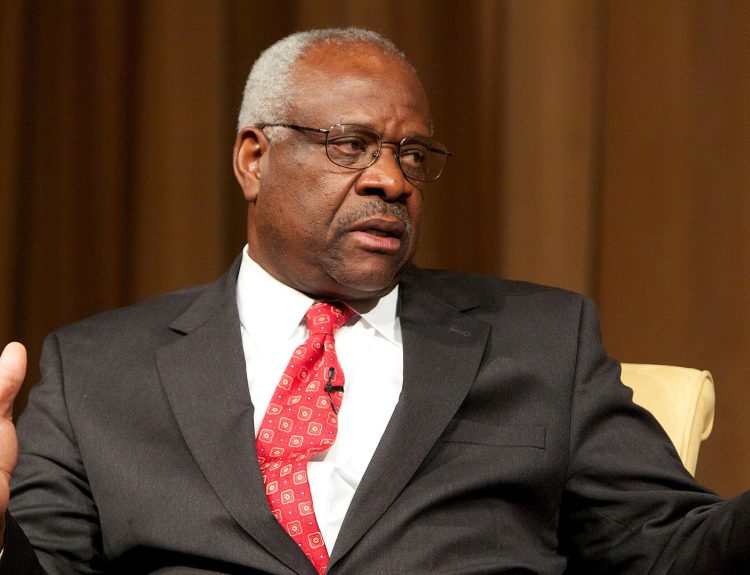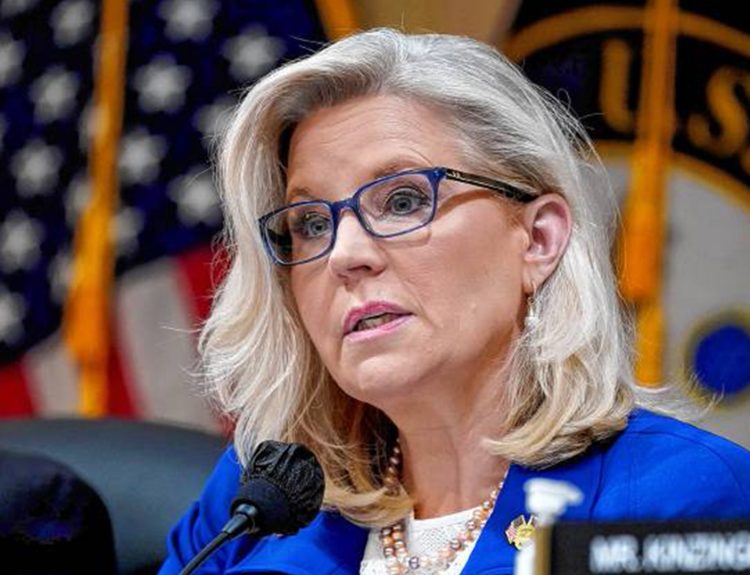The Supreme Court of Washington State has made a trailblazing decision. They’ve decided to scrap the requirement of passing a bar exam to become an attorney in the state.
The decision is a big step away from traditional licensing procedures and has sparked debates about the future of legal education and professional expertise. In a recent video, Steve Lehto spoke at length about the decision and the potential effects it could cause.
A Shift From The Norm
For decades, passing the bar exam has been a crucial step for anyone wanting to become a lawyer. It has been a standard assessment of the knowledge and skills of candidates.

However, Washington’s recent verdict is in line with growing acceptance of the limitations and inequities of the examination process. The court’s ruling recognizes that the bar exam poses a barrier to marginalized groups joining the profession and puts a question mark on how effective it is in ensuring competency.
More Options For Attaining Licensure
Washington’s move opens new pathways to licensure. Now, focusing more on learning through practical experience instead of just taking tests. The new laws create three different routes to becoming an attorney other than the bar exam. Each of them is tailored to different aspects of the profession.
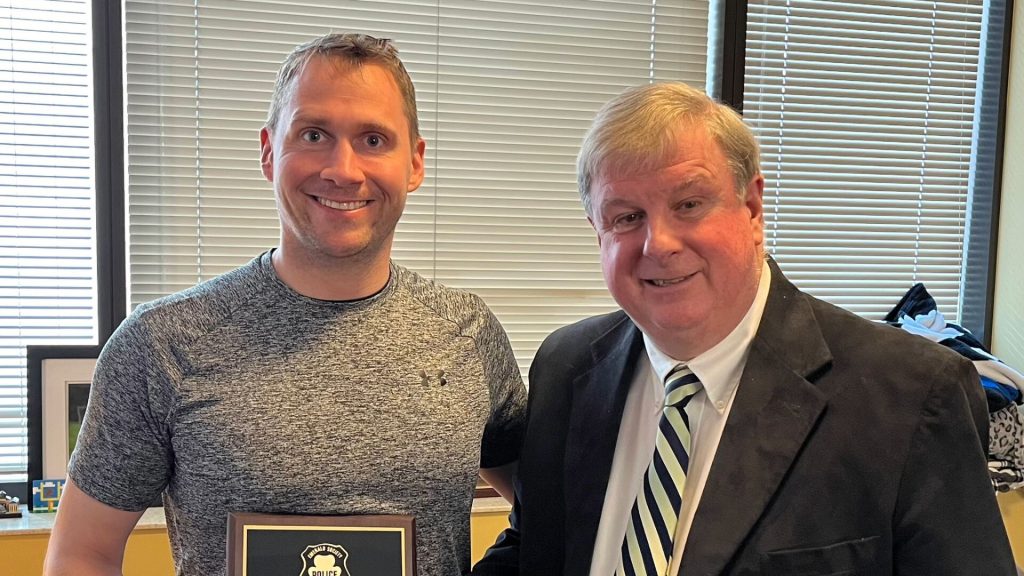
These pathways include apprenticeships, practical skills credits, and law clerkships. These options give candidates more opportunities to show they’re ready to be lawyers.
Are There Any Concerns?
Of course, there are. Scraping the bar exam opens up chances for more diversity in the profession and makes it much easier for people to become lawyers. But, there are quite a good number of concerns. How will this new change affect the standards of competency in the profession?

There are also concerns about whether new lawyers will be knowledgeable enough to be of good service to their clients. How will the change affect agreements between states and can lawyers easily move around and practice in different states with their licenses seeing that the requirements will differ in different places?
Careful Planning Needed, Timeline Remains Uncertain
Moving away from the bar exam needs careful planning and action. Law schools, legal groups, and regulators have to work together to make sure there are fair materials for education, ways to check skills, and rules to keep things in check.

We’re not sure yet when these changes will happen, as talks continue about how to actually make these new rules work.
Thoughts On The Future
Washington’s brave move raises more questions on the future of legal education and professional development. As the legal landscape changes, there’s a need to accept that the rules for becoming a lawyer need to change too.
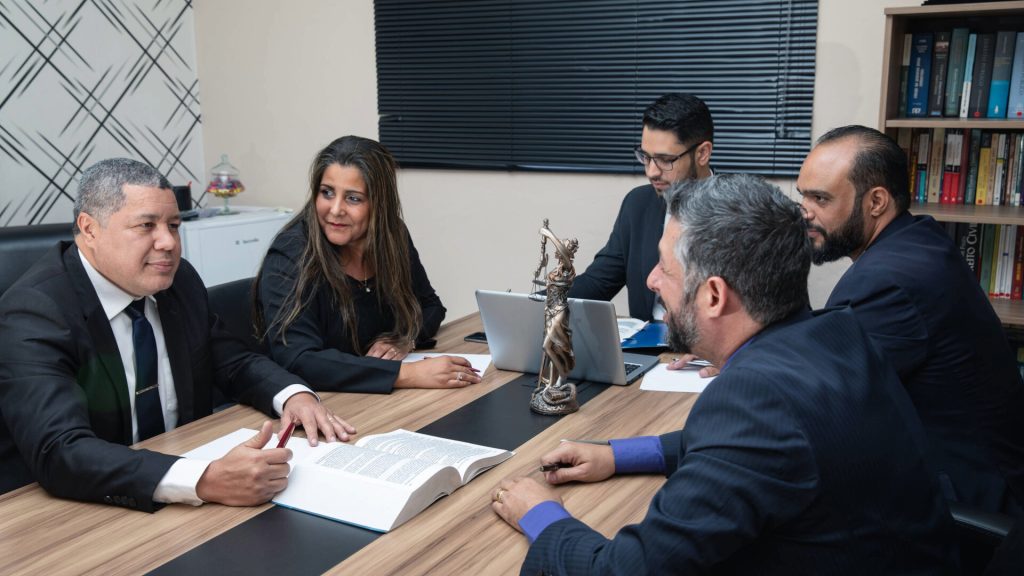
Finding new ways to attain licensure provides us with a chance to reevaluate how we test and teach legal skills in a world that’s always changing.
Bar Exam Has Racism And Classism In It
Last month, the Washington Bar Licensure Task Force suggested these changes to make sure everyone has a fair chance to become a lawyer and to make the legal field more inclusive.

“The best available data indicates that the bar exam disproportionately and unnecessarily blocks historically marginalized groups from entering the practice of law,” the task force explained. They stated the test itself has racism and classism in it, and the money and time it takes to do the test ‘reinforce historical inequities in our profession.’
NextGen Bar Exam Is Coming in 2026!
Starting in 2026, law students can take the NextGen Bar Exam, which the court says will focus more on practical skills for fighting cases. Until then, students just need to get a score of 266 on the UBE to pass.
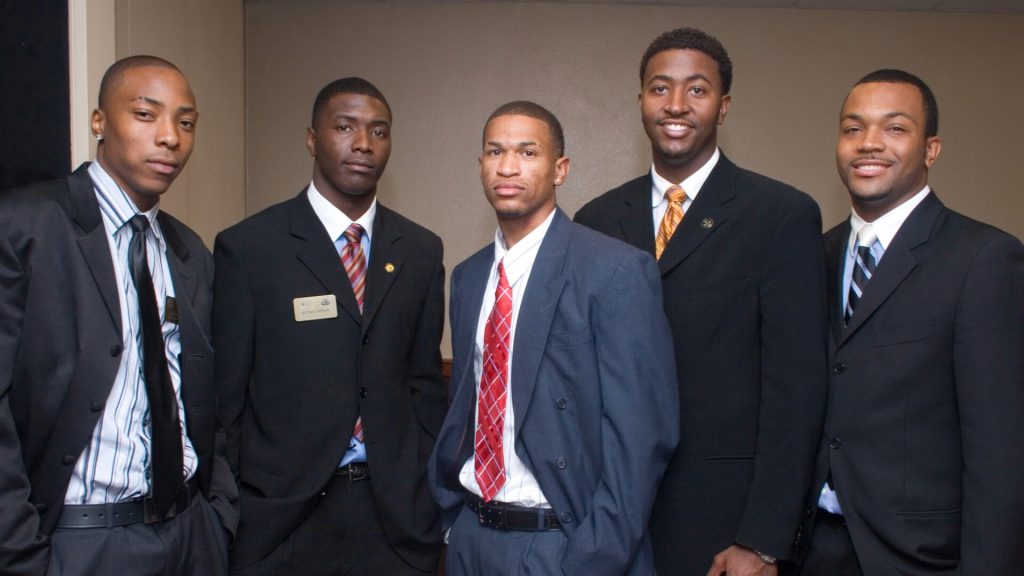
Seattle University Law School Dean Anthony Varona noted that the court’s decisions will “protect the public, allow law school graduates a choice of modalities to demonstrate their competency, and will immediately help address the severe shortage of licensed attorneys in broad swaths of the state.”
Like A Hastily Built Dam
The task force said the regular bar exam doesn’t really do a good job of ensuring litigation competency. They pointed out that it’s not much like real practice and often gives the same results as law school grades.
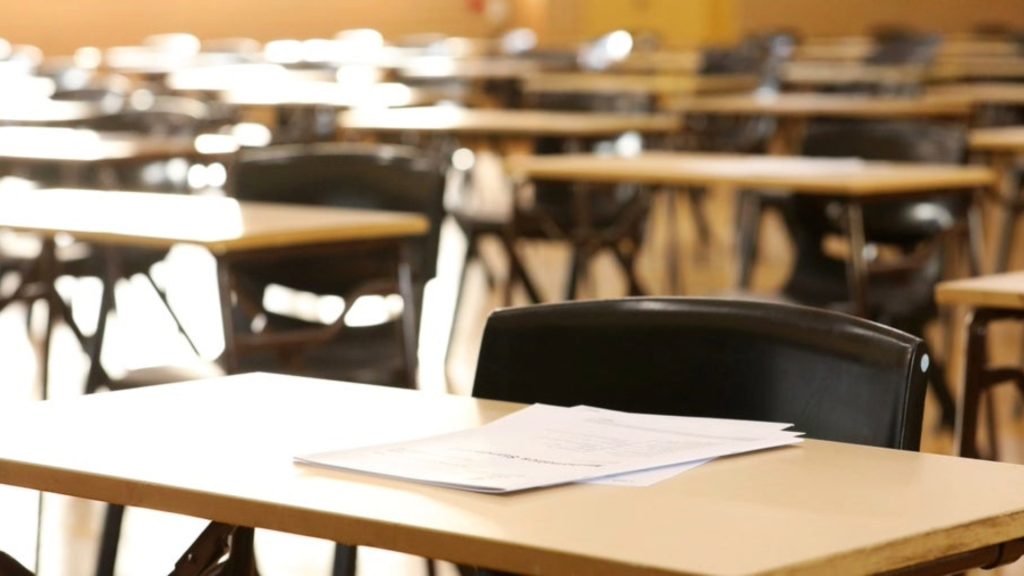
“Picture our current licensing system as a dam, rather hastily built, with the purpose of controlling the amount of water flowing downstream,” it said. “The water represents a supply of individuals with the capacity to practice law and the earnest desire to do so. The dam was constructed in such a way that it holds back more water than it should.”
Changes To The Profession In Oregon
The Oregon Supreme Court has also approved a new program called the Supervised Practice Portfolio Examination for becoming a lawyer. After finishing law school, people will work for 675 hours with a mentor lawyer.

They’ll also make a portfolio of their legal work instead of taking the usual bar exam. The change is set to take effect from May this year.
Expanding Pathways To Lawyering
This program is open to graduates from any law school, not just in Oregon. It’s different from the only two other programs like it in the country. In Wisconsin, graduates from two local law schools can become lawyers without taking the bar exam, called a diploma privilege.

In New Hampshire, a small cohort of law students can skip the bar if they complete a specialized curriculum to bypass the bar. People who want to become lawyers in Oregon can still choose to take the bar exam.
Second Alternative Pathway Incoming
The Oregon State Board of Bar Examiners, which developed this program, wants to create a second alternative licensing pathway.

Through this pathway, students at any of Oregon’s three law schools would do more practical classes in their last two years of school.
What Does It Entail?
However, the board chose to start with the supervised practice choice initially. Along with doing 675 hours of paid legal work, people in Oregon’s new program need to give at least eight samples of legal writing.
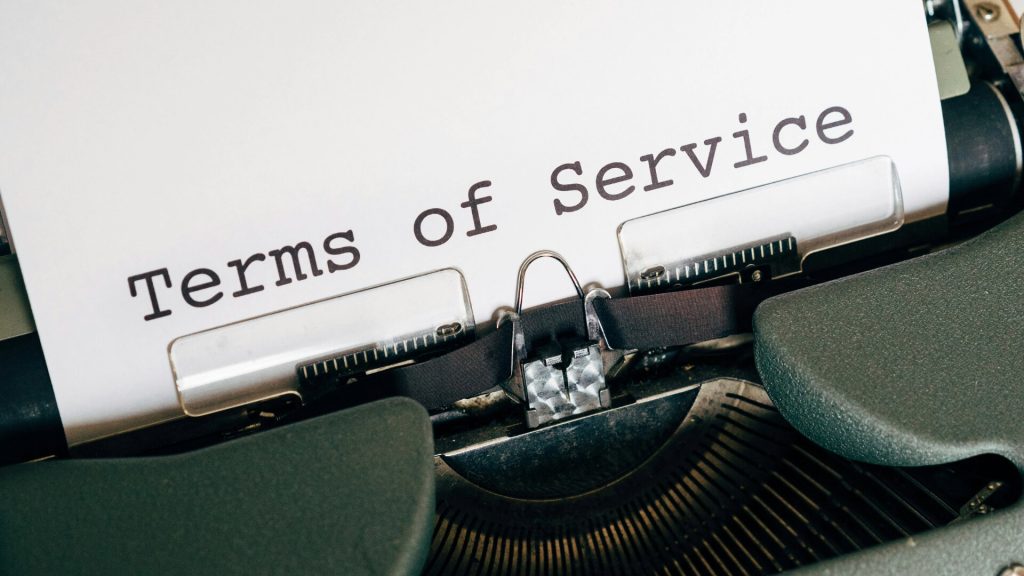
They also have to lead at least two client meetings or counseling sessions and lead two negotiations, among other things they need to do.
New Requirements Look More Practical
Afterward, the Oregon bar examiners will grade the portfolios of the applicants, and those who get good scores will be accepted into the state bar.

People can also use up to 100 hours of supervised legal work they did during law school clinics or internships to count towards the 675-hour requirement.




